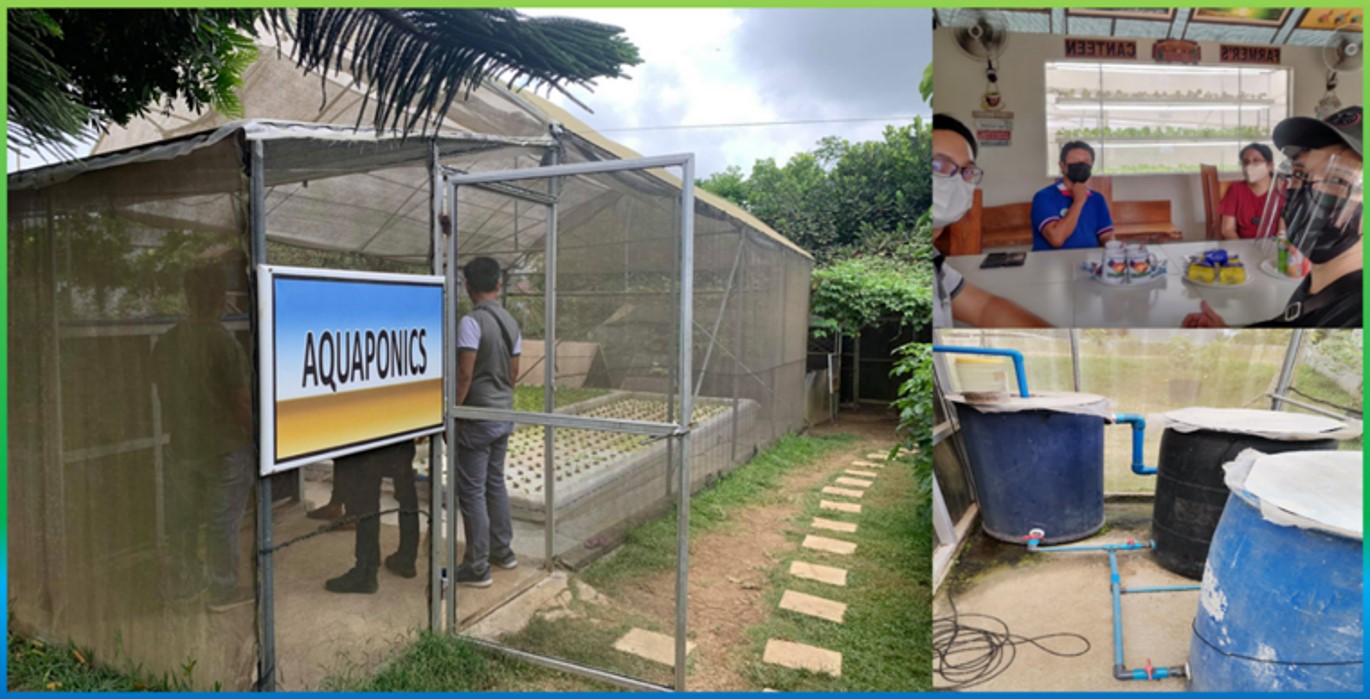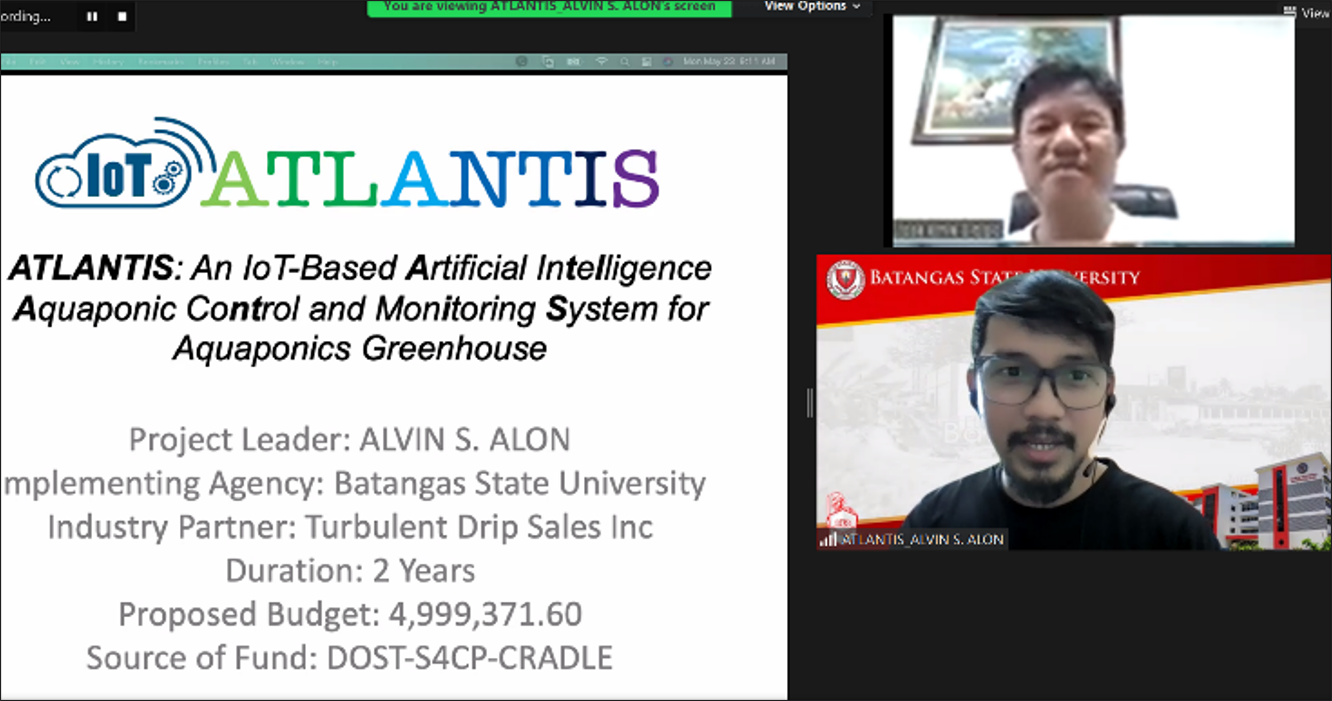
The Department of Science and Technology (DOST) recently approved the implementation of a project that will apply Artificial Intelligence (AI) and Internet of Things (IoT) in developing an aquaponics control and monitoring system for aquaponic greenhouse.
The project dubbed, ATLANTIS or “An IoT-based Artificial Intelligence for Aquaponic Control and Monitoring of Aquaponic Greenhouse” will be implemented for two years by Batangas State University (BatStateU) through the funding support of DOST’s Science for Change Program-Collaborative Research and Development to Leverage Philippine Economy (CRADLE). The project will be implemented together with its industry partner Turbulent Drip Sales Incorporated (TDSI), based in Cavite City.
The project intends to upgrade, develop, design, and execute an intelligent control and monitoring system to turn the TDSI greenhouse aquaponics system into a sustainable one. The framework would use AI and IoT to solve the complex and time-consuming task of tracking and regulating plant nutrients, water quality, and other environment parameters in a Nutrient Film Technique (NFT)/Deep Flow Technique (DFT) –based greenhouse aquaponics system. The proposed framework would create low-cost AI-enabled control and monitoring embedded electronic modules that could be developed locally.
DOST-Philippine Council for Agriculture, Aquatic and Natural Resources Research and Development’s (DOST-PCAARRD) Agricultural Resources Management Research Division (ARMRD) through the leadership of its director Dr. Juanito T. Batalon, organized a virtual inception meeting to orient the project team members and TDSI about the project implementation guidelines and expectations.
During the meeting, PCAARRD Deputy Executive Director for Research and Development Feliciano G. Calora Jr., emphasized the importance of the pre-implementation orientation for newly approved projects as an avenue and opportunity to get clarification and discuss project concerns and requests for possible changes or improvements in methodology, objectives, project commitments, and deliverables.

Similarly, Engr. Ernilyn Brown, Program Manager of DOST-S4CP’s CRADLE Program gave an overview of S4CP, CRADLE and its framework, and status of CRADLE program. She also discussed the CRADLE communication needs required from the project.
Project leader Dr. Alvin S. Alon, states that the combination of plant production and fish farming in a closed aquaponics system has the potential to reduce environmental pollution commonly experienced in traditional agricultural production such as soil erosion and soil pollution due to leaching of chemical inputs.
Moreover, Dr. Alon reported that the project has the potential to increase employment opportunities for making locally-developed controller boards for aquaponics greenhouse. With the smart greenhouse aquaponics system, TDSI and other related farm enterprises will be able to operate, monitor, and maintain the system less laboriously and conveniently.
The project’s potential social impact lies in raising awareness and mentality among the youth regarding the application of modern technologies in agriculture. With the smart technological application, youth will be encouraged to pursue potential careers in agriculture and entrepreneurship.
